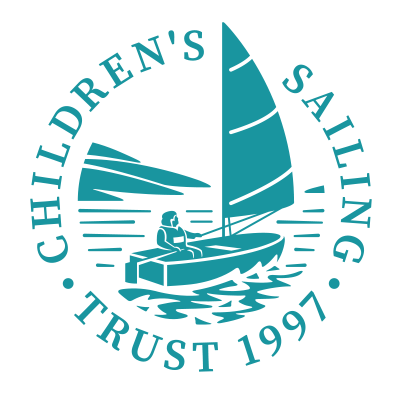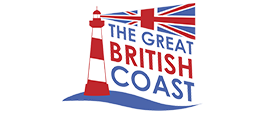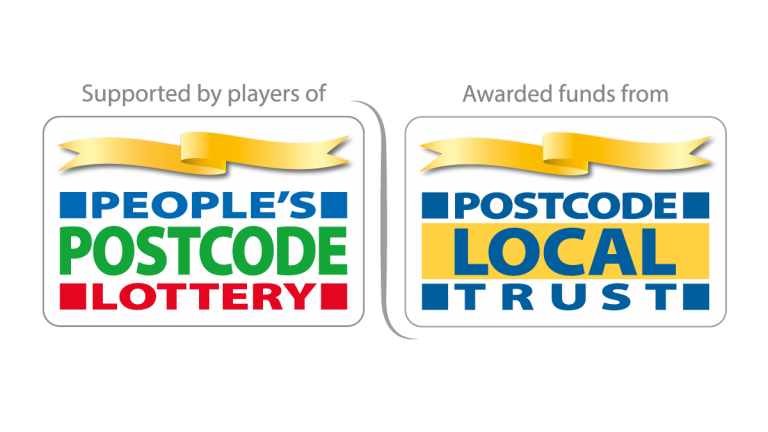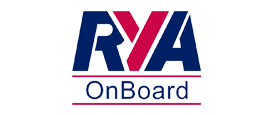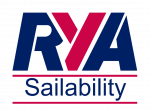Smoking, Drugs and Alcohol Policy
Introduction
Childrens’ Sailing Trust (CST) aims to be a good employer and to conduct its activities in a way which will maintain the highest possible standards of health and safety for its employees, volunteers, users and members of the public.
Smoking, drugs and alcohol are deemed to have a negative impact on CST’s activities and pose a serious risk to the safety of all users of our facilities and in particular to the health, safety and wellbeing of children, young people and vulnerable adults.
This Policy applies to full and part time employees, seasonal employees, volunteers, users and visitors to Trevassack Lake including those occupying the accommodation. The Policy will be communicated to employees and volunteers at their induction and signage around site will advise users of the site.
Employees and volunteers have a duty to report to work uninhibited by illegal drugs, prescription drugs or alcohol.
1. Smoking
CST does not allow smoking of any kind on its sites. This includes cigarettes, cigars, pipes and tobacco containing products and the use of nicotine containing products (NCP’s) which replicate smoking, such as vaporisers and e-cigarettes.
Since July 1st 2007 it has been an offence to smoke in a public place or workplace. At Trevassack Lake, there is a designated smoking area and smoking outside of this area is strictly prohibited. This includes inside or outside the the Learning Centre and Cafe. Smoking is also strictly prohibited inside Trevassack Holidays’ accommodation.
Whilst operating on the Helford River, employees are prohibited from smoking whilst on duty.
Breach of this Policy will usually be dealt with through education and counselling, however if an individual continues to breach this Policy, disciplinary procedures may be invoked. For site users or accommodation guests, their use of the properties or facilities may be permanently revoked. Those who break the law and smoke in undesignated places may also be liable for a fixed penalty fine and a possible criminal prosection.
The NHS offers a range of services to support smokers who wish to cease smoking and CST looks to support those that are looking to take that first step.
2. Illegal Drugs, Substance Misuse & Alcohol
CST prohibits the use of illegal drugs and/or substance misuse anywhere on it’s sites. Employees and volunteers should not report to work whilst unfit due to the effects of illegal drugs and substance misuse. This includes the heavy consumption the night before work and employees and volunteers should be aware of the time it takes for alcohol to leave their system. If an employee or volunteer finds themselves unfit for duty they should call their line manager by phone to discuss the options available to them.
Where an employee/volunteer is found, or is suspected to be, under the influence of alcohol, drugs and/or a substance and is considered not fit to be at work, the employee/volunteer will be instructed to leave site and not to attend until fit to do so. If an employee/volunteer smells of alcohol or is caught consuming alcohol or drugs on site, they will be asked to leave site and will be investigated in accordance with the Disciplinary Policy and procedure.
CST prohibits the procession, transfer, sale or use of unauthorised drugs or illegal substances on its sites. Any employee/volunteer found to be in possession of an illegal substance will be suspended from duty and an investigation in accordance with the Disciplinary Policy and procedure will be carried out. Under the Misuse of Drugs Act 1971, CST has a duty to deal with such issues and all drug related issues will be reported to the police which could lead to criminal proceedings.
Employees or volunteers who are experiencing problems, or dependency, with alcohol, illegal drug use or substance misuse should inform the CEO in confidence and seek specialist medical help immediately through their GP. CST will look to provide reasonable support to those that identify that they have a problem and look to seek help.
Problems with alcohol, illegal drugs or substance misuse can come to light in a number of ways such as, but not limited to, frequent absenteeism, mood swings, accidents at work, difficulty in concentrating and ability to make decisions and inability to remember instructions.
Special rules will apply, where CST sponsors an event for staff e.g. Staff Christmas Party or a reward and recognition event. In these circumstances any variation to the no-alcohol policy will be communicated as part of the event.
Specific events at Trevassack Lake may, with the permission of the CEO, allow alcohol consumption on site but these will be by exception to this Policy.
In summary, employees, volunteers, users and members of the public must not:
1. Consume illegal drugs, substance misuse or alcohol either during or prior to attending work/the site
2. Work when they may still be considered to be under the influence from illegal drugs, substance misuse or alcohol. This includes business functions where the employee is representing CST
3. Not be in possession of alcohol, illegal drugs or substances in the workplace with the intent to either use or supply others
Employees, volunteers or users of the site that are taking prescription drugs must advise their line manager or CEO in order that the side effects of those drugs are checked to ensure that they do not contravene health and safety policies and procedures for the site, for the use of equipment and ultimately the safety of children, young people and vulnerable adults.
Duties maybe amended in order to take into account the advice of a medical professional in order to protect the users and the employee/volunteer. If breaches of this Policy occur, disciplinary action in accordance with the CST Disciplinary Policy and procedures will be undertaken.
Policy Review
The Trustees of CST are responsible for the upkeep and implementation of this Policy, cascading such responsibility to the Chief Executive. Through Trustee reports received, the Chief Executive will outline the impact of this Policy and if amendments to it are required to ensure this Policy meets its ultimate aim. The Chief Executive will revise/update this Policy with named colleagues every two years.
